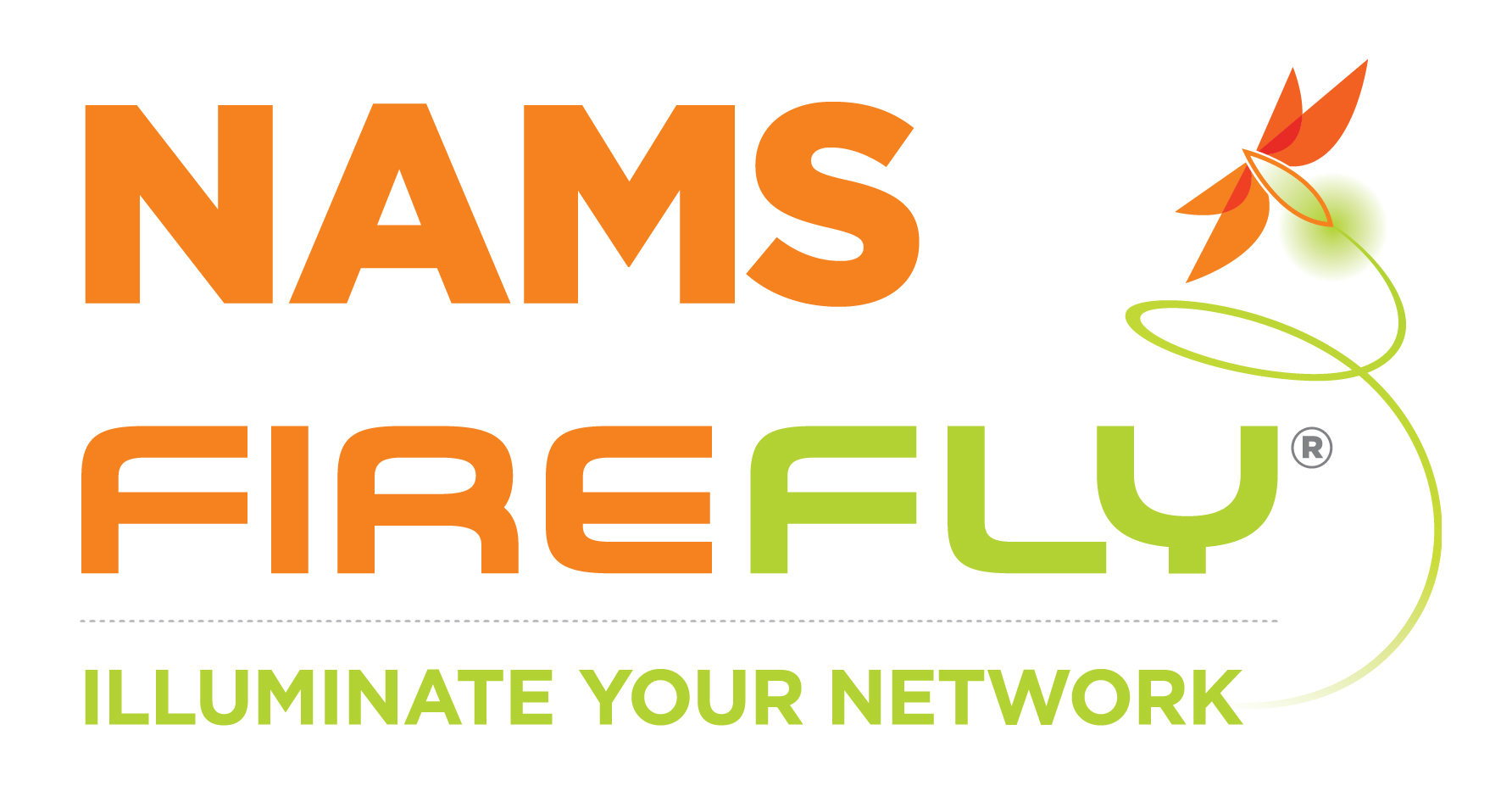Attorneys general from every state have joined the fight against the growing scourge of robocalling.
Attorneys general from all 50 states and the District of Columbia on August 22 announced an agreement with a dozen telecommunications companies to deploy technologies to battle robocalls. The companies include AT&T, Bandwidth, CenturyLink, Charter, Comcast, Consolidated Communications, Frontier, Sprint, T-Mobile, U.S. Cellular, Verizon and Windstream.
“Texans’ private phones are being taken over by constant calls, invading their privacy and all too often defrauding them of their hard-earned money,” said Texas Attorney General Ken Paxton in a news release. “And now we look forward to working with voice service providers to squash scammers’ access to Texans. We won’t stop until the robocalls do.”
Unwanted calls are far and away the biggest consumer complaint to the Federal Communications Commission with more than 200,000 complaints each year—about 60 percent of all complaints received, according to the FCC.
Some private analyses estimate U.S. consumers received nearly 4 billion robocalls per month in 2018, according to the FCC.
Under the agreement with the attorneys general, the 12 carriers have agreed to implement call-blocking technology, make anti-robocall tools available for free to consumers and to deploy a new system to label calls as real or spam. The call authentication technology – known by its acronym STIR/SHAKEN – targets a practice known as spoofing, where fraudsters mask their identities by using phone numbers resembling those they’re trying to contact in an effort to get potential victims to answer the phone and surrender personal information.
The call-blocking technology will be applied differently depending upon the network. Wireless and Voice over Internet Protocol (VoIP) networks will use one call-blocking process while copper-based networks will use another call-blocking process.
The companies also agreed to analyze network traffic and cooperate with the state officials as they investigate and take action against scam callers.
The development is the latest government effort at curbing robocalls in 2019.
In June, the Federal Trade Commission announced a nationwide crackdown on robocallers. In addition, the FCC voted earlier that month o make it easier for telecommunications companies to automatically block unwanted robocalls for all customers. Also, there is legislation pending in Congress to expand the government’s power to reduce illegal robocalls.
The telecommunications industry remains committed to working together to crack down on robocalls.
